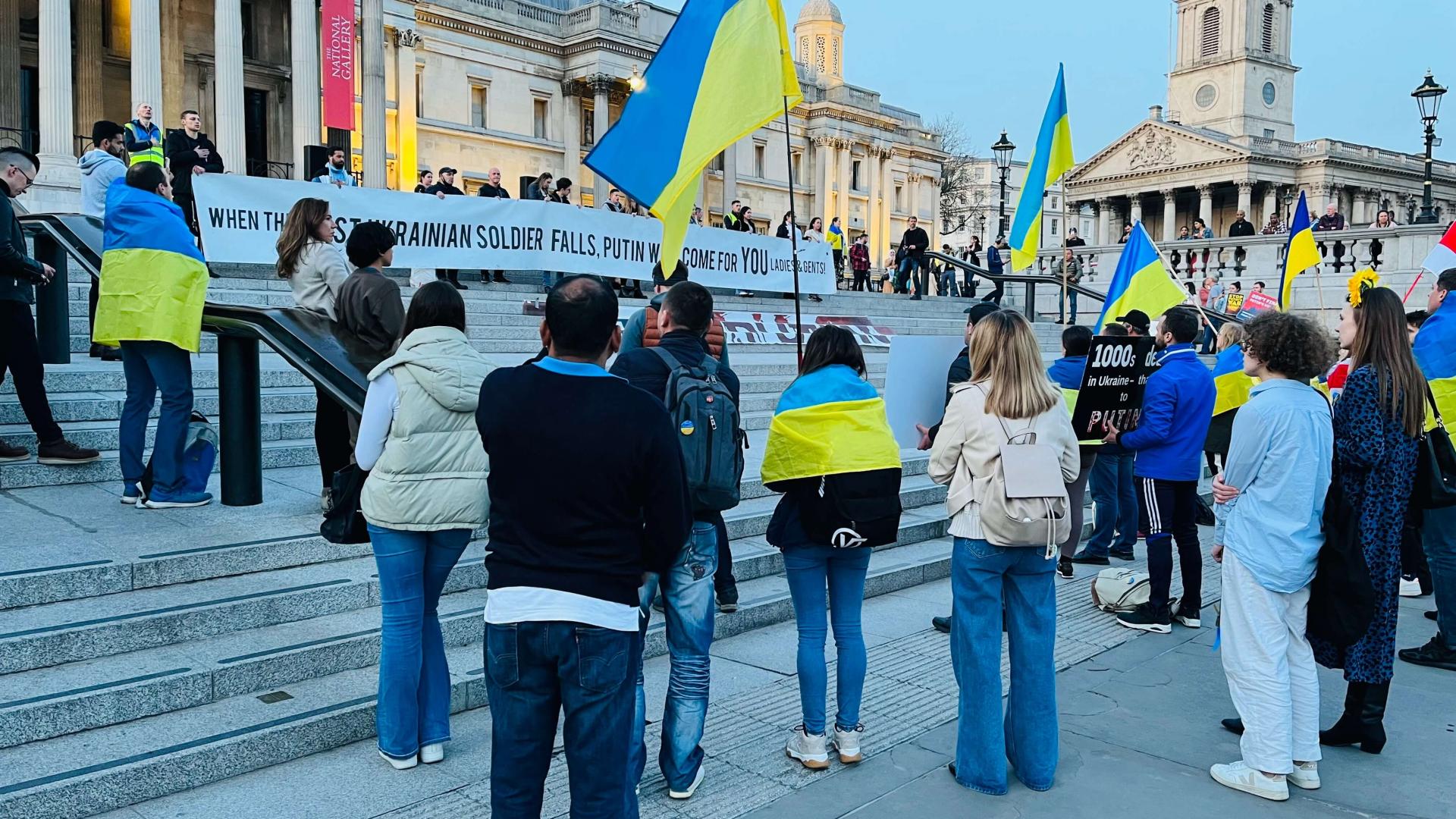Cian Murphy
As the Russian invasion of Ukraine enters its second month, there remains a strong appetite among the public for supporting Ukrainians affected by the war at home and abroad. Nearly half of the general public in Great Britain reported having taken some kind of action to help refugees or people in Ukraine in our April round of research. The most popular method of support was donating directly to a charity or the DEC appeal (34%), but nearly as popular was donating goods (25%) or financially supporting individuals organising relief efforts outside of formal charities (18%). 11% also reported supporting people in Kyiv directly by booking Airbnb accommodation.
There is clearly a desire among the public to help people affected by the war, but for many, it seems that direct, so-called disintermediated methods, that take out charities as the middleman for doing good are the most appealing way to do so. Indeed when we asked our respondents to name the most effective way of helping refugees and people in Ukraine, only a minority (40%) picked either donating the DEC appeal or donating to a charity working in Ukraine or with refugees. Conversely, substantial numbers chose to financially support individuals by sending relief supplies directly rather than through a charity (18%), donating goods to Ukrainian refugees (13%) or simply weren’t sure.
This is a major challenge for charities and a potential barrier to effective aid. Donating to charities is usually the most effective way to make a difference – they will have a better idea of what is needed on the ground, will be able to source this locally at a lower price and will be able to maintain a logistics operation at a much more effective scale. Appeals for goods are liable to end up with too much of some product and not enough of another, and present substantial challenges for logistics in a warzone. Depressingly, there is also the risk of fraud when donating to an unregulated GoFundMe instead of a registered charity. But for many among the general public, the appeal of donating goods, or giving directly to individuals, is they feel a personal connection to the impact of their donation.
This is not just a threat to the international sector. We see this in online appeals to pay for an experimental treatment overseas for someone suffering from an incurable illness, in fundraising to directly support victims of domestic disasters, and across the board. There is no reason to suppose that charities have a monopoly on doing good and the public must be constantly convinced that giving a gift of money or time is the best way to make a difference.
For charities, this means appealing to both heart and head. Intellectually, the public needs to be re-convinced that charities are the best vehicle for making an impact on a given cause. The Irish Red Cross put out a statement early on in the war, making a strong case that financial support was likely to be most effective. Charities need to proactively make this case more often to drive home the impact they make. But more than this, they also need to find ways to give the same feeling of emotional connection and immediacy that their donors would get from giving in a more direct way.
Thanks for writing about…
Thanks for writing about this Cian, a very interesting read. I think the public have recently been seriously disheartened by the plans to open new Red Cross offices in Russia which must've had a major impact on trust in bigger organisations as a whole. Besides, the Eastern European public (in and outside the UK) are not as used or trusting of more formal ways of donations (i.e. through charities) resulting in waves of informal support as your research shows.
Thanks Rita, interesting…
Thanks Rita, interesting perspective. I should have said this was all very much from a West European perspective - very valid reasons of course why people in Eastern Europe, e.g. Poland with so many refugees could be doing huge amounts of good with direct aid / action. I think as well the Red Cross structure is opaque to a lot of people - each national society is pretty well independent although will cooperate through the Federation. A Ukrainian friend I was speaking to at the weekend did indeed express some scepticism about the role of the Red Cross in specific conflict areas. But to my biased (a former BRC employee) and not super well-informed knowledge the International Committee of the Red Cross can get access to conflict zones and do things that no other organisation can, even if that involves compromises.

